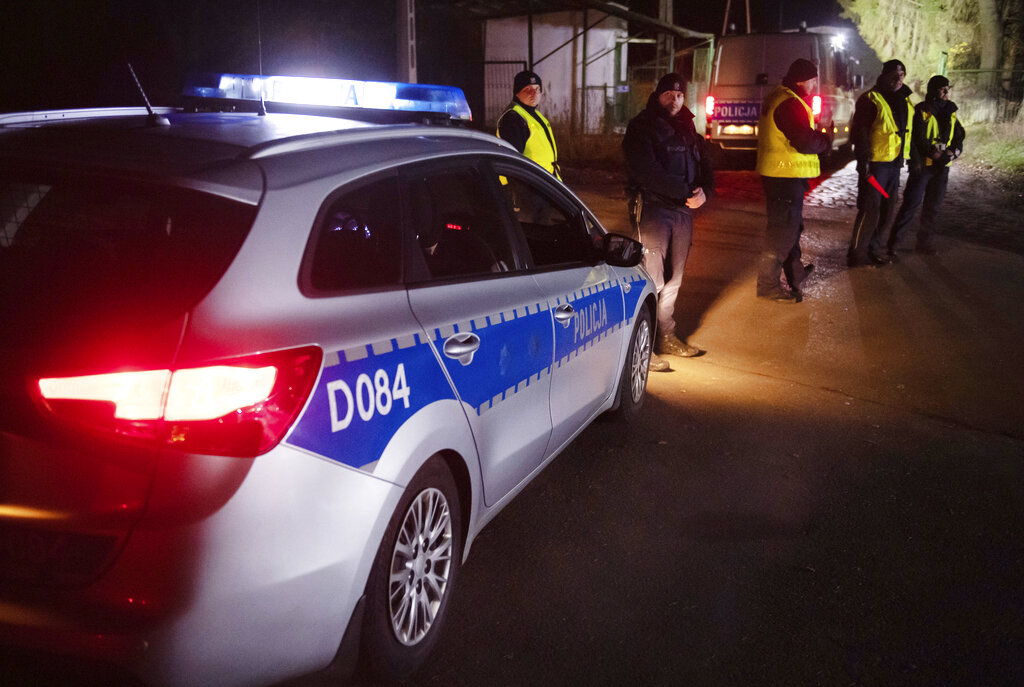The Polish government is considering allowing foreign nationals to become police officers in the country to combat staff shortages.
A report by commercial radio RMF FM has found that the Polish police are attempting not only to remedy unfilled vacancies but also to prepare for the influx of migrants by allowing foreigners to serve in the Polish police. This, they feel, is required to help them combat crime in the migrant communities.
As a result of the war in Ukraine, the structure of the criminal underworld in Poland will change. Today, the Polish police are increasingly interested in citizens of Ukraine, Belarus, and Georgia who are committing many of the crimes. However, EU decisions regarding migration will also have an impact on the development of the police strategy in Poland.
Foreign nationals in the Polish police could qualify for both full-time jobs and consultant positions. No decisions have been made on this matter yet but options are being analyzed, including solutions adopted in other countries.
The move is a radical change from the general rule across many Western nations that police officers must be naturalized citizens of the country in which they wish to serve.
The police in Poland are in an increasingly difficult staffing situation. That is why online police courses for trainees and non-commissioned officers have been launched. The number of police officers across the country has dropped to its lowest figure for over ten years.
In 2024, the target is to employ over 10,000 officers with graduates from the universities accounting for 6,000.
According to police management, online courses should not affect the quality of training. It’s about theory, including classes on legal regulations. Technique and tactics classes are to be held in the traditional way and the exams system and its demands will not change.
The police will also soon launch a portal for candidates for the largest uniformed service in Poland. It is intended to provide knowledge about work in the service — the structure of the formation, possibilities of service in individual divisions, and the tasks performed by them. The candidates will also learn about pay and social conditions of service.






